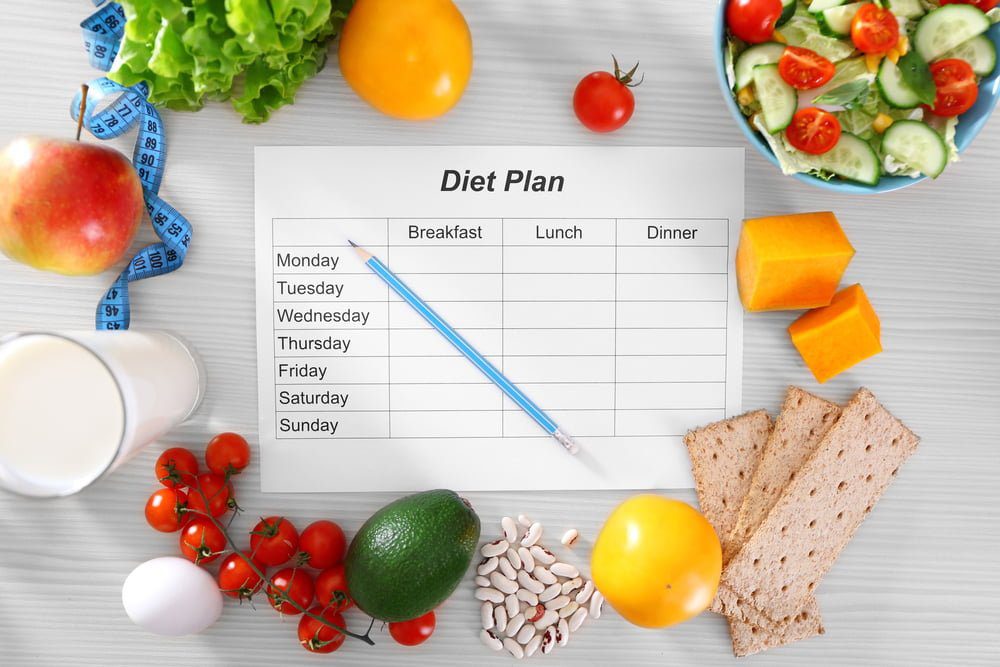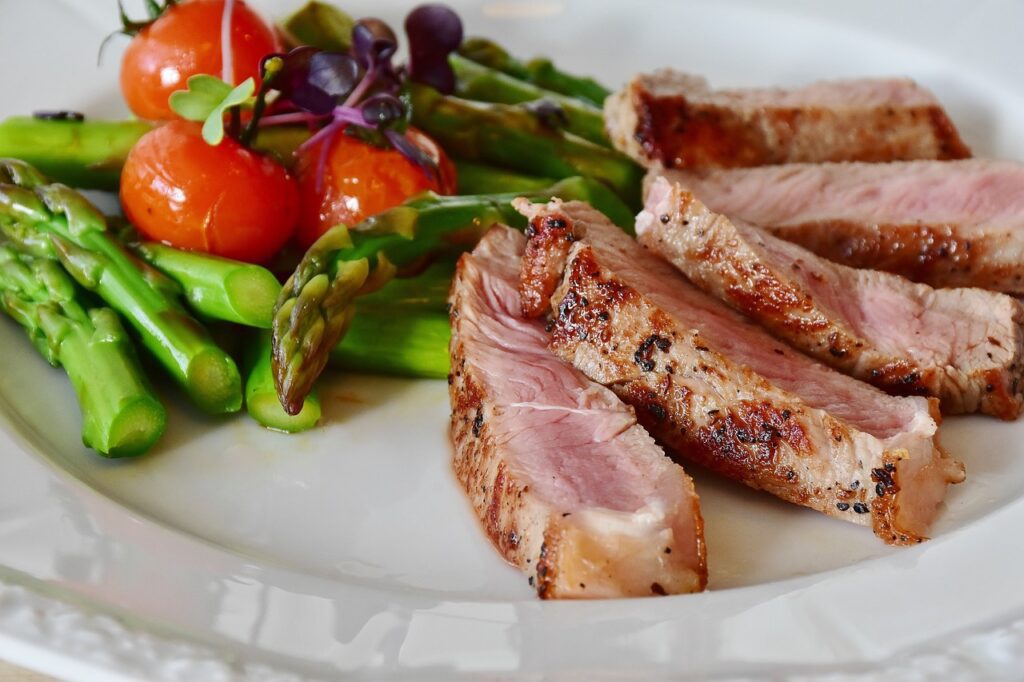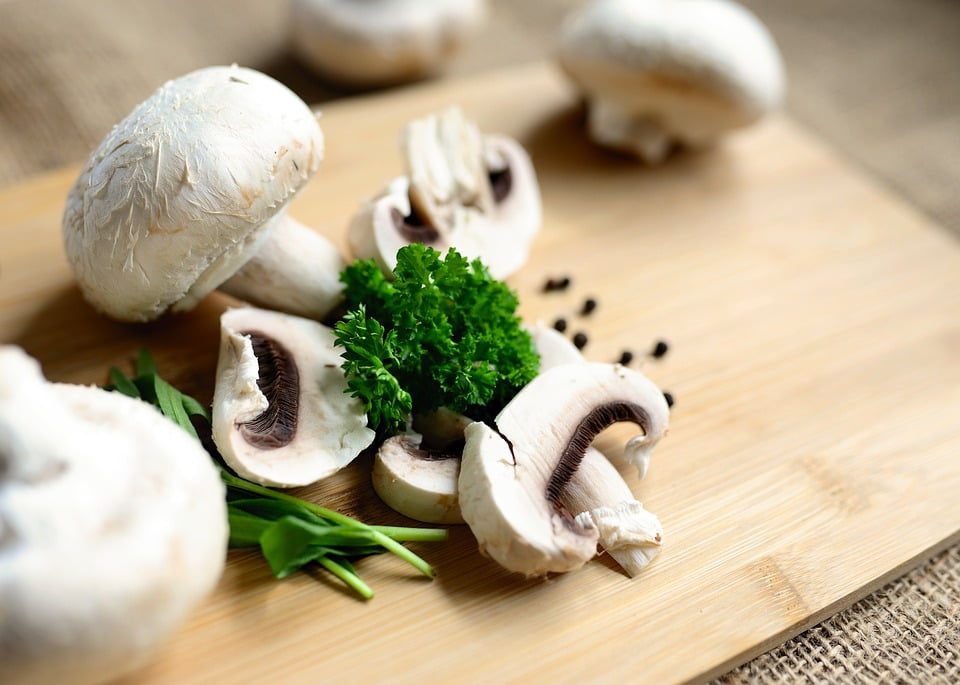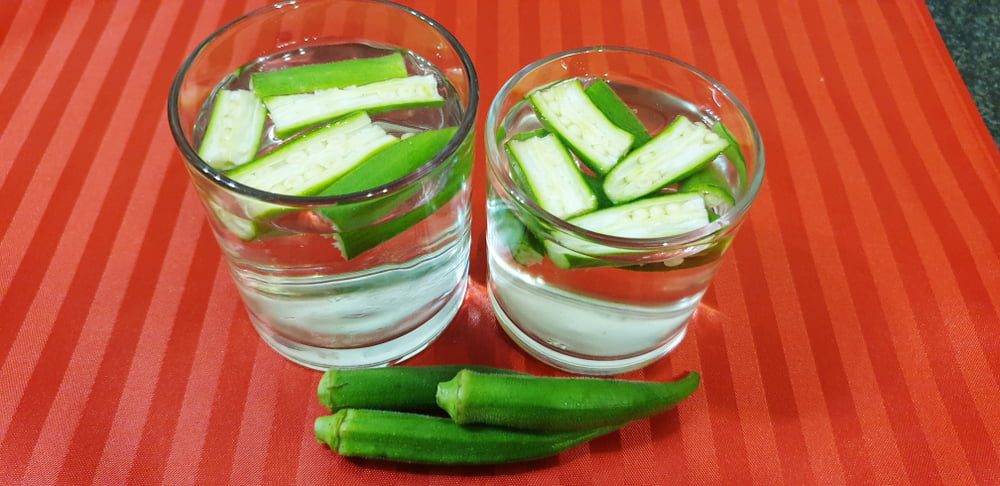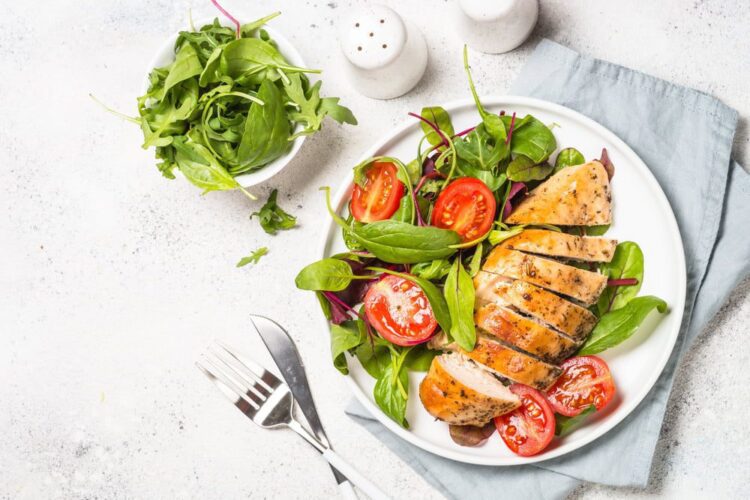Are you looking for a 2200 calorie diet plan for weight gain? If so, you’re in luck – it’s absolutely possible to gain weight with a 2200 calorie diet, as long as you choose the right foods and eat in the correct portions. In this article, we’ll discuss the best way to create a 2200 calorie diet plan for weight gain, including which foods to choose, how to portion them, and how to stay on track. Read on to learn more about how to gain weight with a 2200 calorie diet plan.
Who Should Follow a 2200-calorie Diet Plan?
A 2200-calorie diet is a great choice for those looking to gain or maintain weight. It can provide a healthy, balanced approach to helping you reach your goals while providing a range of important nutrients. This diet is typically recommended for moderately active adults, as it provides the necessary calories to fuel their activities.
That being said, if you’re looking to gain or maintain weight, it’s important to note that everyone’s caloric needs are different, and you should work with a doctor or nutritionist to determine what works best for you according to your physique.
For instance, those who are highly active, such as professional athletes or competitive bodybuilders, may require more than 2200 calories per day to meet their caloric and performance goals.
Additionally, if you’re aiming to gain weight and muscle mass, you may need to increase your calorie intake even further. On the other hand, if you’re looking to maintain weight, you may not need quite as many calories. The important thing is to work with your doctor or nutritionist to find the right balance that fits your needs and goals.
Why You May Want to Gain Weight?
Gaining weight can be an important part of maintaining a healthy lifestyle. For some, gaining weight may be necessary to reach a certain goal or to improve overall health. There are a variety of reasons why people may want to gain weight, including:
1 To Increase Muscle Mass.
Many people looking to get into shape or stay in shape may look to increase their muscle mass by gaining weight. This could include athletes who are looking to build strength and power, or just common people who want to add lean muscle.(1)
2 To Improve Physical Appearance.
Many people want to improve their physical appearance by adding more body fat and increasing their muscle size. This could be done through weight training and a healthy diet.(2)

3 To Reduce the Risk of Health Problems.
Being underweight can increase the risk of certain health issues like osteoporosis and anemia. Gaining weight can help reduce these risks by improving the body’s overall health and strength.
4 To Improve Energy Levels.
Eating more calories can help to improve energy levels by providing the body with more fuel. Eating more calories can also help improve mental focus and concentration.
5 To Improve Mental Health.
Being underweight can lead to low self-esteem and depression. Gaining weight can help improve mental health by helping you feel better about your body and building confidence.
*Note. There are many reasons why people may want to gain weight, but it is important to do so in a healthy way. Eating a healthy diet and exercising regularly are two important steps to gaining weight safely and effectively.
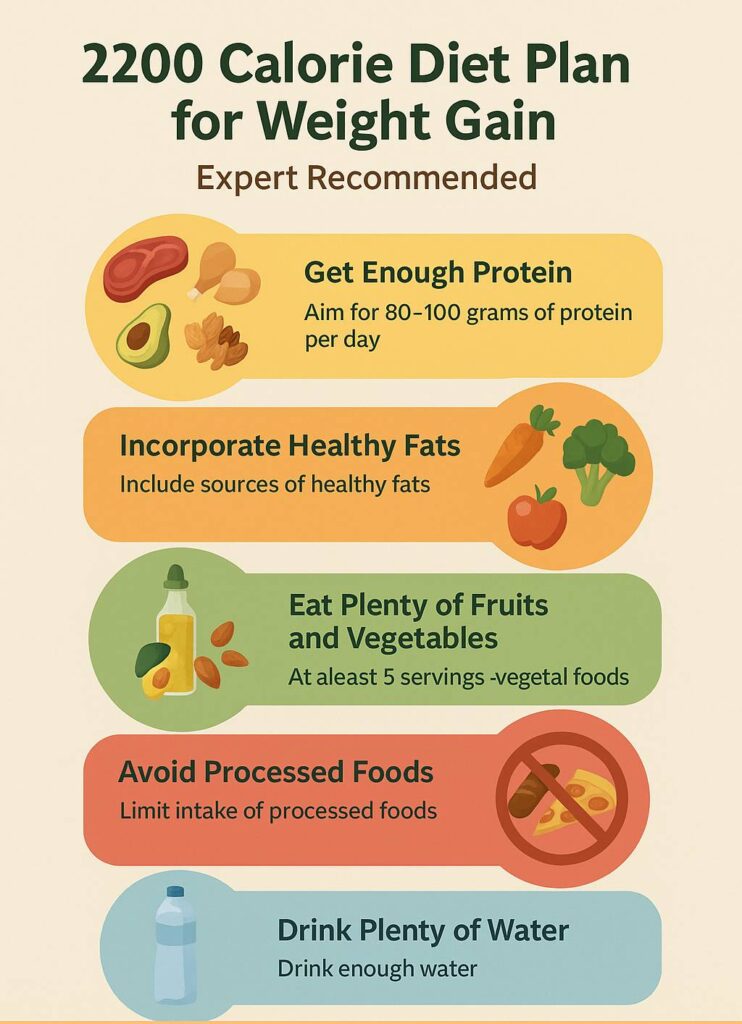
Can 2200 Calorie Diet Plan Help You to Gain Weight?
If you’re looking to gain weight, a 2200-calorie diet can help. For most people, this is enough to support healthy and sustainable weight gain. Depending on your body type, activity level, and goals, you may need slightly more or less than 2200 calories to gain weight.
Consuming more calories than you burn will allow your body to build muscle and create healthy weight gain. To do this, you must eat a combination of macronutrients—carbohydrates, proteins, and fats—in the correct amounts.
You should make sure that your diet is balanced with the right mix of macronutrients for optimal health and weight gain. Eating plenty of carbohydrates will provide your body with energy it needs to workout and build muscle mass.
Make sure to include healthy fats in your diet, like those found in nuts, seeds, and olive oil. Eating adequate protein is also important, as it helps you build muscle.
Eating enough calories to gain weight can be challenging, especially if you don’t have an appetite. Try to break down meals into smaller, more frequent meals and snacks throughout the day. Eating frequent meals will help ensure that you reach your calorie goal.
In addition to consuming enough calories, exercise is also important for gaining weight. Exercise can help build muscle mass and increase your appetite, allowing you to eat more calories and gain weight.
Weightlifting and resistance training are both effective methods for gaining muscle mass. It’s important to listen to your body and exercise at a comfortable pace.
*Note. Following a 2200-calorie diet can help you gain weight when done properly. Consuming enough calories and the right mix of macronutrients is key for healthy weight gain. Adding exercise to your routine can help build muscle and increase your appetite, allowing you to reach your calorie goal. With the right diet plan and exercise regimen, you can achieve your goals of gaining weight.
Safe Rate of Weight Gain.
When it comes to gaining weight, it’s important to keep safety in mind. You should aim to gain no more than 2 pounds per week. Gaining too quickly can increase your risk of health issues such as fatty liver, diabetes, and cardiovascular disease. Also, if you gain too quickly, you are more likely to put on fat instead of muscle.
To ensure a safe rate of weight gain, you should focus on quality calories. Quality calories are those that come from nutrient-dense foods like fruits, vegetables, whole grains, lean proteins, and healthy fats.
These foods provide essential vitamins and minerals that support healthy growth and development. Additionally, they contain dietary fiber which helps to promote satiety and prevents overeating.
If you are unsure of how many calories you need to achieve a safe rate of weight gain, it is best to consult with a registered dietitian or nutritionist.
They will be able to assess your current diet and recommend an individualized meal plan that meets your nutritional needs while allowing for a safe rate of weight gain.
Understand How Many Calories You Need.
When you’re trying to gain weight, understanding how many calories you need is key. Many people looking to gain weight are recommended to follow a 2200-calorie diet plan for weight gain.
But before you start any new diet plan, it’s important to understand why this caloric intake is recommended and whether or not it’s the right number of calories for you.
Calorie needs vary from person to person and depend on your activity level, age, gender, height, weight and body composition. Generally speaking, 2200 calories per day is a good starting point for those looking to gain weight. That said, if you have different needs, you should adjust your calorie intake accordingly.
Find Your Calorie Target.
If you’re looking to gain weight, you’ll need to know how many calories you should be eating each day. The first and foremost step is to figure out your total daily energy expenditure (TDEE). TDEE is the number of calories your body burns in a day just by existing.
To calculate your TDEE, multiply your body weight by 10-12 if you have a sedentary lifestyle, 12-14 if you’re moderately active, and 14-17 if you’re very active.
Once you’ve determined your TDEE, you can use that as your starting point for creating an eating plan to gain weight. In order to gain weight, you should aim to consume 500-1000 calories more than your TDEE. This will give you an additional calorie target to work with when creating your meal plan.
Remember, it’s important to focus on eating healthy foods that provide nutrition and energy, rather than relying solely on empty calories from processed and sugary snacks. Eating nutrient-dense foods will help ensure that your body is getting the necessary vitamins and minerals to support healthy weight gain.
Choose The Right Food In Your Diet Plan.
1 Get Enough Protein.
Getting enough protein is key for any weight-gain diet plan, as it will help to build and repair muscles. For a 2200 calorie diet plan, you should aim to consume at least 80 to 100 grams of protein per day. This amount can be found in animal proteins such as lean meats, fish, and eggs, as well as plant-based proteins like beans, nuts, and tofu.
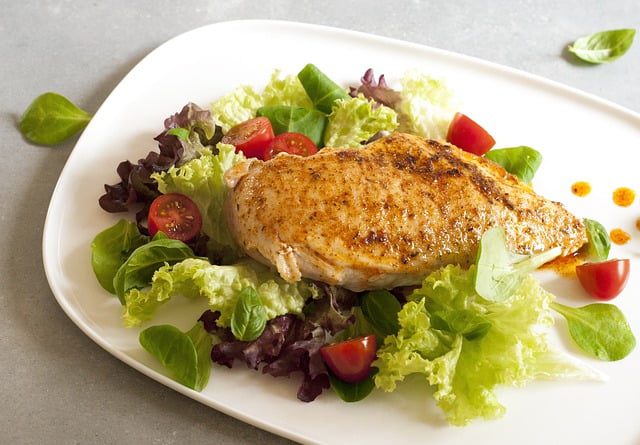
Some good sources of protein that you could include in your daily meal plan are:
- Lean beef.
- Fish (salmon, tuna, tilapia).
- Chicken breast.
- Greek yogurt.
- Nuts (almonds, walnuts).
It’s important to keep in mind that the body breaks down protein differently than other nutrients, so you should spread out your protein intake throughout the day.
This can easily be achieved by eating protein-rich foods at each meal and snack. When choosing your protein sources, make sure to select those that are low in unhealthy fats and high in essential vitamins and minerals.
2 Incorporate Healthy Fats.
Healthy fats are an important part of any weight gain diet plan. Fats are essential for our body to function and play an important role in hormone regulation, energy production and brain health. Healthy fats are also more calorically dense than other nutrients, making them a great choice if you’re looking to add extra calories to your diet.
It’s important to choose healthy fats over processed fats. Good sources of healthy fats include avocados, olive oil, nuts, nut butters, and seeds. Avocados and nuts can also provide added fiber, vitamins and minerals. Aim to consume 10-15 grams of healthy fat per meal.

You can also get healthy fats from sources such as fish, eggs, and dairy products. Fish is particularly rich in healthy omega-3 fatty acids, which may help to reduce inflammation.
Egg yolks are also a good source of healthy fat, along with important vitamins and minerals. Dairy products like cheese, yogurt, and milk are all excellent sources of fat as well. Aim to include a source of healthy fat at each meal and snack.
*Note.By adding healthy fats to your weight gain diet plan, you’ll be able to increase the total number of calories you’re consuming without taking in large amounts of unhealthy processed fats. This will help you get the extra calories you need to gain weight without compromising your health.
3 Eat Plenty of Fruits and Vegetables.
Fruits and vegetables are an essential part of a healthy diet, providing essential vitamins and minerals and plenty of fiber. Eating plenty of fruits and vegetables is important for maintaining a healthy weight, as well as helping to reduce the risk of chronic diseases like heart disease, diabetes and cancer.
For optimal health, aim to eat at least five servings of fruits and vegetables a day. A serving size is considered to be one cup of raw or cooked vegetables, or one medium-sized fruit. Different types of fruits and vegetables have different benefits, so mix it up.
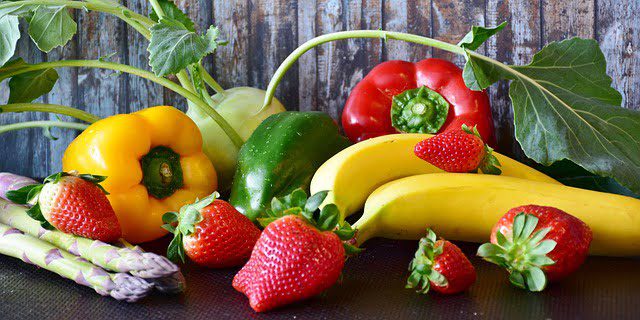
When buying fruits and vegetables, opt for fresh, seasonal produce whenever possible. Fruits and vegetables are healthiest when they are in season because they are picked at the peak of ripeness and contain the most nutrients. Frozen or canned fruits and vegetables can be a good option too, but look for ones without added sugars or sodium.
Eating plenty of fruits and vegetables doesn’t have to be complicated or boring. Get creative with how you prepare them. Try grilling your vegetables for a barbecue-inspired dish, roasting them for a delicious side, or even blending them into smoothies for a refreshing snack. The possibilities are endless.
4. Avoid Processed Foods.
Processed foods are high in added sugars, unhealthy fats, and sodium, making them not the best choice for your diet plan. These foods are often low in nutrients, but high in calories and unhealthy ingredients. To reach your weight gain goal, it is important to limit your intake of processed foods.
Instead, focus on whole foods like lean meats, fruits, vegetables, whole grains, and nuts and seeds. These foods provide quality nutrition while keeping your calorie count high.
Additionally, they are packed with vitamins, minerals, and antioxidants to fuel your body with good energy. Try to eat as many minimally processed foods as possible to get the most nutrition out of your meals.
5. Drink Plenty of Water.
Staying hydrated is an essential part of any diet plan. Drinking plenty of water will help to keep your body functioning at its best. It also helps to flush out toxins, aids in digestion, and keeps you feeling full. Aim to drink at least 8 cups of water a day to maintain good health and promote weight gain.

Additionally, you can incorporate other liquids such as low-calorie fruit and vegetable juices, tea, or coffee into your diet. Just remember to not overdo it with sugary drinks, which can add unwanted calories to your diet.
6. Exercise Regularly.
Exercise is essential for both weight gain and weight loss. If you are looking to gain weight, you will want to focus on strength-training exercises that target large muscle groups.
Incorporate exercises like squats, deadlifts, and presses, as well as a variety of other bodyweight exercises like pull-ups, push-ups, burpees, and planks. Make sure to challenge yourself with heavier weights or more difficult variations as your strength increases.

In addition to strength training, aerobic exercise can also help to increase calorie expenditure. Cardio exercises such as running, cycling, or swimming can help you to burn calories in order to create a caloric surplus for weight gain.
It is important to note that even though these activities may burn calories, it is still necessary to create an energy surplus through diet in order to see gains. Find an activity that you enjoy and aim to get in at least 30 minutes of moderate intensity exercise most days of the week.
Overall, regular exercise should be part of a healthy lifestyle and is essential for both weight gain and weight loss. Try to find an activity that you enjoy doing and commit to exercising regularly in order to see the best results.
| Read Now: How to Do a Killer Diamond Push Ups |
How to Follow a Healthy 2200-calorie Diet : Carbs, Fat, and Protein.
When following a 2200-calorie diet, it’s important to understand how to make the most of the calories you are consuming. That means focusing on healthy sources of carbohydrates, fats, and proteins.
1 Carbohydrates.
Eating complex carbohydrates like whole grains, legumes, fruits, and vegetables is the best way to fuel your body with energy. These foods are also packed with fiber, vitamins, and minerals. Aim for at least 40 percent of your daily calories from carbs.
2 Fats.
Healthy fats are essential for many bodily functions and should be incorporated into your diet. Choose sources like nuts, avocados, olive oil, and fatty fish. Make sure that no more than 25 percent of your total calories come from fat.
3. Proteins.
Protein is essential for building and maintaining muscle, so it should be included in every meal. Good sources include lean meats, poultry, seafood, eggs, tofu, beans, and nuts. Aim to get 35 percent of your daily calories from protein.
By focusing on a balanced combination of carbohydrates, fats, and proteins in your 2200-calorie diet plan, you can ensure you’re getting all of the essential nutrients your body needs while still working towards your weight gain goals.
A Sample Menu of 2200 Calorie Diet Plan for Weight Gain.
1 Monday.
Breakfast: Start your Monday off with a breakfast that provides plenty of energy to fuel your day. Consider options like two eggs scrambled with 1/4 cup of shredded cheese, one slice of whole wheat toast and one cup of berries; or 1/2 cup of oatmeal with a sliced banana, 1/4 cup of chopped walnuts and one tablespoon of honey.
Mid-morning: Mid-morning, snack on something light yet satisfying like a small handful of almonds, one apple and one tablespoon of peanut butter; or half a cup of plain Greek yogurt with one tablespoon of chia seeds, one tablespoon of almond butter and a pinch of cinnamon.
Lunch: Enjoy a healthy lunch that provides the nutrients your body needs to stay energized throughout the day. Try a salad with dark leafy greens, one cup of diced cooked chicken, one fourth cup of diced red peppers, a quarter cup of diced cucumbers and two tablespoons of vinaigrette dressing; or a whole wheat wrap filled with two ounces of deli turkey, one ounce of Swiss cheese, one fourth cup of diced tomatoes and two tablespoons of hummus.
Snack: Mid-afternoon, snack on something light yet satisfying like a handful of roasted chickpeas, one orange and two tablespoons of natural peanut butter; or one small bowl of air-popped popcorn with 1 tablespoon of olive oil and a sprinkle of sea salt.
Dinner: End your day with a dinner that helps you refuel after a long day. Try options like 4 ounces of grilled salmon with a side of roasted asparagus, steamed broccoli and a quarter cup of quinoa; or 3 ounces of baked tofu with one cup of roasted sweet potatoes, one cup of cooked kale and half a cup of cooked brown rice.
2 Tuesday.
Breakfast: Start your day off with a breakfast of scrambled eggs with 1/4 cup shredded cheese, 2 slices of whole grain toast, and 1 cup of fresh berries. Have a glass of low-fat milk for added protein and calcium.
Mid-morning: Mid-morning snack on a handful of walnuts or almonds and an apple.
Lunch: For lunch, enjoy a salad of mixed greens, grilled chicken, sliced bell peppers, cucumber, cherry tomatoes, and a vinaigrette dressing. Have a piece of whole wheat bread with 1 tablespoon of peanut butter.
Snack: Mid-afternoon snack on a banana with 1 tablespoon of nut butter.
Dinner: Have an omelette filled with 1/2 cup of chopped vegetables (mushrooms, onions, peppers, etc.) and 2 tablespoons of shredded cheese. Serve with a side of roasted potatoes and steamed broccoli. Have a glass of low-fat milk for added protein and calcium.
3 Wednesday.
Breakfast: Start your day off right with a breakfast of 2 scrambled eggs cooked in 1 tablespoon of olive oil, 1⁄2 cup of cooked steel-cut oats topped with 1 tablespoon of almond butter, and 1⁄2 cup of fresh raspberries.
Mid-morning: For your mid-morning snack, try 1 cup of Greek yogurt with 1 tablespoon of chia seeds, 1 sliced banana, and a sprinkle of ground cinnamon.
Lunch: Enjoy a tasty lunch of 2 cups of mixed greens topped with 4 ounces of grilled chicken breast, 1⁄4 cup of diced avocado, 1⁄2 cup of cooked quinoa, and 1 tablespoon of olive oil & lemon juice dressing.
Snack: For an afternoon pick-me-up, have a snack of 1⁄4 cup of almonds and 1⁄2 cup of celery sticks with 2 tablespoons of peanut butter.
Dinner: End your day with a dinner of 4 ounces of grilled salmon, 1⁄2 cup of mashed sweet potatoes, and 1 cup of steamed green beans.
4 Thursday.
Breakfast: Whole-grain toast with 1 tablespoon of peanut butter, 1⁄2 cup of diced pineapple, and 8 ounces of non-fat milk.
Mid-morning: 1⁄2 cup of plain Greek yogurt topped with 1⁄4 cup of granola.
Lunch: Garden salad with 4 ounces of grilled chicken, 1⁄2 cup of cherry tomatoes, 1⁄2 cup of cucumber slices, 2 tablespoons of olive oil and vinegar dressing, and 1 piece of whole-grain toast.
Snack: Trail mix with 1 ounce of almonds, 1⁄4 cup of dried cranberries, and 2 tablespoons of dark chocolate chips.
Dinner: Whole-wheat spaghetti with 4 ounces of ground beef, 1⁄2 cup of sliced mushrooms, 1 cup of marinara sauce, and 1⁄4 cup of Parmesan cheese.
5 Friday.
Breakfast: Start your day off right with a hearty breakfast of oatmeal with fresh fruit, nuts, and seeds. This will provide you with a good amount of carbohydrates and protein to get your energy levels up and keep you going until lunchtime.
Mid-morning: Have a mid-morning snack like a smoothie made with almond milk, frozen banana, Greek yogurt, nut butter, and hemp seeds. This will help boost your calorie intake and give you an energy boost for the rest of the day.
Lunch: Enjoy a large plate of roasted vegetables over quinoa with a side of hummus or guacamole. This will provide you with a healthy dose of carbohydrates, proteins, and healthy fats.
Snack: Have an afternoon snack like a trail mix made with nuts, dried fruit, and dark chocolate chips for an energy boost.
Dinner: Make a hearty dinner like a grilled salmon steak with roasted potatoes and asparagus. This will provide you with plenty of healthy proteins and fats that will help you reach your 2200 calorie goal.
6 Saturday.
Breakfast: Start your day off right with a breakfast that packs in plenty of calories. Try a bowl of oatmeal made with almond milk, chopped dates, and chia seeds. Add a tablespoon of peanut butter for an extra protein boost.
Mid-morning: Mid-morning, fuel up with a snack that offers complex carbohydrates and proteins. Try a slice of whole grain toast topped with avocado and a hard boiled egg.
Lunch: For lunch, make sure you’re getting plenty of protein and vegetables. Try a quinoa salad with roasted vegetables, feta cheese, and grilled chicken.
Snack: Keep your energy up in the afternoon with a snack that contains healthy fats. Try an apple with nut butter or a handful of walnuts and almonds.
Dinner: End your day with a dinner that includes complex carbohydrates, lean proteins, and plenty of vegetables. Try grilled salmon with roasted Brussels sprouts and sweet potatoes.
7 Sunday.
Breakfast: Start your day with a breakfast that’s full of healthy calories. Try a smoothie made with almond milk, banana, spinach, and Greek yogurt. This can provide you with a hefty dose of healthy fats, protein, and carbs to help you get through the day.
Mid-morning: For an energizing snack, top half an avocado with 1/4 cup black beans and 1 tablespoon of salsa. This snack will give you a great source of plant-based protein and healthy fats that will keep you feeling full until lunch.
Lunch: For lunch, create a veggie wrap with hummus, cucumbers, tomatoes, and baby spinach. This will provide you with a ton of vitamins and minerals as well as protein and healthy fats to sustain you throughout the afternoon.
Snack: Fuel your body between meals with a snack that’s full of complex carbohydrates. Try a whole wheat wrap filled with nut butter and sliced apples for an energizing and tasty snack.
Dinner: End your day with a hearty dinner that’s full of healthy calories. Try a grilled chicken breast with steamed broccoli and roasted sweet potatoes for a delicious meal that’s sure to fill you up.
How Did 2200 Calorie Diet Plan Help Me In Weight Gain- My Personal Experience.
I am Nagendra Pal Yadav, working in one government organization was struggling with weight and muscle gain. By the supervision of a nutritionist and fitness consultation from VerywelFit, I went on a 2200-calorie diet plan which was aimed at increasing my body weight. The diet that I followed was rich in proteins, complex carbs, and healthy fats, and the food portions were properly balanced. Besides, I did moderate strength training for four days a week. My body composition was altered in a really short period of time, and I managed to add 2.5 kg of lean muscle to my body, and I also got more stamina and better appetite. What made it most awesome was the fact that I was getting stronger and more confident without being uncomfortable with my stomach or feeling tired.

“Consistent eating, smart calories, and strength training — that’s how the 2200-calorie plan helped me gain lean muscle the healthy way.”
Final Thought.
Gaining weight healthily is a long-term process that requires hard work and dedication. When done properly, it can help you gain lean muscle mass, increase your energy levels, and improve your overall physical health. Following a 2200 calorie diet plan can help you to reach your weight gain goals in a healthy and safe manner.
Remember to pay attention to portion sizes, get enough protein, incorporate healthy fats into your diet, eat plenty of fruits and vegetables, and avoid processed foods. Additionally, drinking plenty of water and exercising regularly will also help you reach your goals. With the right diet plan and dedication, you can safely and healthily reach your weight gain goals.
+2 Source
Verywelfit has strict sourcing guidelines and relies on peer-reviewed studies, educational research institutes, and medical organizations. We avoid using tertiary references. You can learn more about how we ensure our content is accurate and up-to-date by reading our editorial policy.
- Is an Energy Surplus Required to Maximize Skeletal Muscle Hypertrophy Associated With Resistance Training; https://pmc.ncbi.nlm.nih.gov/articles/PMC6710320/
- Greater energy surplus promotes body protein accretion in healthy young men: A randomized clinical trial; https://www.sciencedirect.com/science/article/pii/S0261561424003467








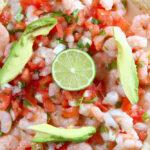




















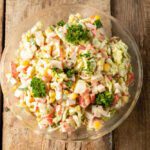

















 Workout
Workout

 Meditation
Meditation





